 Writers always have an audience, have goals of some sort, but I sometimes think we are confused as to what those things are. There are countless answers to the question, "Why are you writing that story/blog/novel?" But I'm going to take a stab and guess: you're writing to engage a large readership, for healing, or to share a significant story you from which others could benefit. Maybe a couple of you are writing to entertain. A few of you might have answered: to make money. I don't know that I can help you make tons of money, so I won't answer that directly, but I do think I can offer some "Don't do what I first did" advice to writers hoping to engage readers. 1. You are probably not writing for other authors, so who is your target audience and how are you going to reach them? A lot of new writers start their career by setting up relationships with other authors and this is a good thing. It helps to have a support system, good advice, people willing to share your tweets/facebook statuses/review your book, etc. But don't stop there. Other authors should not be your only goal, nor your primary goal in social marketing. You're not really writing for other writers, for the most part, are you? You have a more specific readership. Who are they? My book is a book about a mother undergoing severe PPD, who meets other characters in a world representative of the depressed mind. There are fantasy, paranormal and magical realism elements. There are romantic elements but it is not a romance. There are poetic references. So, when I blog on my book site, I think about those things. Readers interested in my book would be interested in the postpartum experience, depression, New Adult issues, poetry, parenting, romance but not erotica, etc. So, I blog about those things and I tweet my blog and I find other people interested in those issues: venues, blogs, websites, etc. and I engage them. When I first started this social media indie publishing deal, I engaged ANYONE, shared annoying self-promotional tweets and asked people to review me. I realized I hated getting crap like that on my social networks, so I stopped doing it, embarrassed. Now, I do engage in promotion when it's appropriate, but mostly I do what the wonderful Rachel Thompson suggests and I engage my readership by blogging about things that my potential readers might find interesting. I share jokes, my favorite books, I comment and share other people's wonderful blogs and, guess what, I'm making a lot of great connections with stellar people and this whole marketing thing just got enjoyable. 2. If you're writing to help people heal, to share a significant event, to inspire, you still have to make your story a story. That doesn't really make sense, lady. My story is a story. That's why it's called a story. Well, yes, but real life does not follow the narrative arch, structure or excitement that people expect from a book. Even if you're writing a memoir, you must pick the moments that are going to best engage your readership and you must create a character (yes, even out of yourself) who has a growth arch, a plot, substance. Your story might be interesting, but readers will also be looking for that little thing called plot. Dave Eggers wrote a wonderful memoir entitled A Heartbreaking Work of Staggering Genius. David Sedaris has made a good chunk of money writing his life story in interesting ways through several books. One of my favorite memoirs about diabetes, homosexuality and the scope of life for a young man is called Sweet Tooth by Tim Anderson. What all of these writers have in common is that they are writing about things that are important to them, things other people could probably relate to, life's surprises and monotonous moments, but they create a snapshot of certain times that are all interconnected and lead up to an interesting, plot driven narrative. They have a purpose and they get there in engaging and over-the-top, humorous, self-aware ways. Their stories are not just A happened, then B, then C. They craft a story from moments that are all drive the point of their memoir home. And they get their readers to empathize with them by writing about their lives in a way that not quite how it happened, but how it happened when trying to get readers to empathize with a character version of 22 year old them. If you're breaking convention and using different forms of narrative, poetry, song, pictures, etc. that's fine, too, but you still have to be deliberate about what you're putting together and how it tells the story about the important event/feeling/hardship you're trying to convey. If early readers don't follow what you're doing or lose interest, that's good to know. Because even if what you're writing is important, it can still come across as boring if you don't add some plot, humor, deeply poetic moments, etc. When I started writing about depression, I did so as a memoir. It was not coming out right. It was plodding, not engaging, and just too much to deal with. So, I went to my go to reading genre, fantasy, and I started writing a story about someone else dealing with a fantastical world of depression. The things I want to talk about, the things that are healing and important for me to convey to readers-the trauma of rape, the postpartum experience, life as a new mother, the way depression looks, feels, even smells like-are all still in my story. But there are other exciting, interesting developments that move the book, that add conflict, romance and side plots. Those things propel the story I care about and they will, hopefully, keep my readership engaged. 3. Don't stop writing. Practice makes perfect in everything. I got some harsh feedback more than once about my self-published version of my novel. The first time I got this type of feedback, I stopped writing for awhile. It hurt to invest in something and get negativity back. What I realized, though, is that there was some truth to what was said. So I picked up the Ol' laptop and started working with the critiques, making my story better, considering a professional editor, etc. Most importantly, I kept writing. When I felt like my novel might make me throw-up if I read it again, I started on something new. I started engaging in online writing forums, contests, groups to encourage the practice. I take part in NanoWriMo. I don't always win, but I always write, and that counts. Sometimes what I write is crap, but there is no waste when it comes to honing my skill. My book is leagues better than it was a year ago. Still, I will have to publish it before it is perfect and write something else. I'm already doing so. And guess what? I'm getting better at this. I'm catching my own mistakes and weird tendencies and I'm enthusiastic about getting another story out. Keep writing every day. Don't let any negativity stop you. Use helpful criticism and ignore hurtful criticism. The more works I publish, the more my name pops up as an author, too. And that counts. If you're only in this to be a one hit wonder, I guess that's fine, but it's not all that likely to happen for you. If you're in this writing thing for the long haul, it takes investment and a lot of time. 4. Keep reading. There are other authors out there who have been doing what you want to do well and for a long time, who are maybe even successfully making money as writers/authors. Read those people. See what they are doing right. It's okay to be inspired by people who know the game. Don't steal, obviously, but read a lot of literature and find what works and what doesn't. It's okay to read something not great and avoid doing what that author did, as well. I get inspiration by reading Sherman Alexie. He has a way of making readers laugh at the most uncomfortable situation. He paints pictures in unique and fascinating ways. His writing is never boring and is always engaging. When I want to look to world building, I read J.K, J.R.R. and Pierce who just create the most believable worlds and the most relateable characters. Also, reading what today's readers are interested in keeps you in the know with current trends, if you're interesting in writing for entertainment, money and a wider readership. It's like research for the aspiring bestseller. You can't go wrong knowing what readers are drawn to. Lastly, if you're not enjoying this writing thing, if it stresses you out and you can't find a way out of the darkness, maybe it's not something you want to do for the long haul. It's extremely frustrating to put in years of labor on one book and have someone ask you for a free copy. You worked your ass off for years to create that story and you might want to think about whether the payback is worth it to you. It's worth it to me. Those people who pick up the book and just love it, felt that it understood their darkness, joy or hope, felt that Monochrome was a real place, or were so invested in a character that the character became real...those people make this writing thing a lot of fun. It's not tangible, but sometimes the best stuff in life is intangible, non-monetary, so to speak. Happy Writing.
6 Comments
7/5/2015 11:53:58 am
I love seemingly simple questions because they are often overlooked.
Reply
7/6/2015 06:07:32 am
You're right. This is geared toward publishing, but many of us write things we love without intending to share them. And that's valid practice, relief, comfort and, really, a lot of fun. Great point. :)
Reply
7/5/2015 10:51:09 pm
Brilliant advice. I learned a lot in the first few years, especially about writing 'your story'. I also learned quickly that my own experiences were valuable, but not interesting enough or driven enough to work on their own - so stories developed, and my second and third books (the third, still in edits) worked with the added value of what I've been through. They contain a lot of 'me' but the character driven stories shows depth and an arc that maybe I haven't reached yet, myself.
Reply
7/6/2015 06:10:11 am
That's really interesting. I found that writing about me was just to much, overwhelming as a whole novel, and when I changed my perspective: wrote a character who shared my traits, anxieties and problems, it was very liberating. After that, writing a novel was not difficult. I was writing about someone else. :)
Reply
7/6/2015 03:16:45 am
Great advice! I've bookmarked this for the times when my writing feels blocked or stressful. (I'm just coming out of one of those spells now.) I've learned so much since I started this gig. It is such a precious job. I wouldn't trade it for anything!
Reply
7/6/2015 06:11:09 am
It really is the best job. It's full of trials, like all jobs, but writing is such a joy and creating stories is something I would do whether I had a job doing it or not. ;) Happy Writing!
Reply
Leave a Reply. |
AuthorH.M Jones is the author of B.R.A.G Medallion Honor and NIEA finalist book Monochrome, its prequel Fade to Blue, the Adela Darken Graphic Novellas, Al Ravien's Night, The Immortals series, and several short stories. Archives
December 2019
Categories
All
|
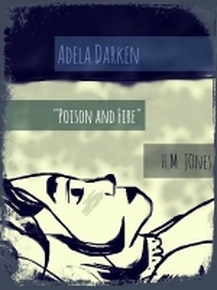
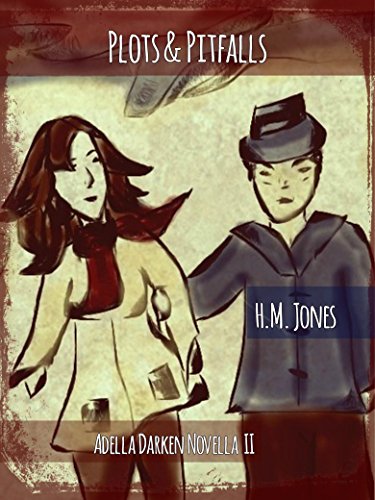
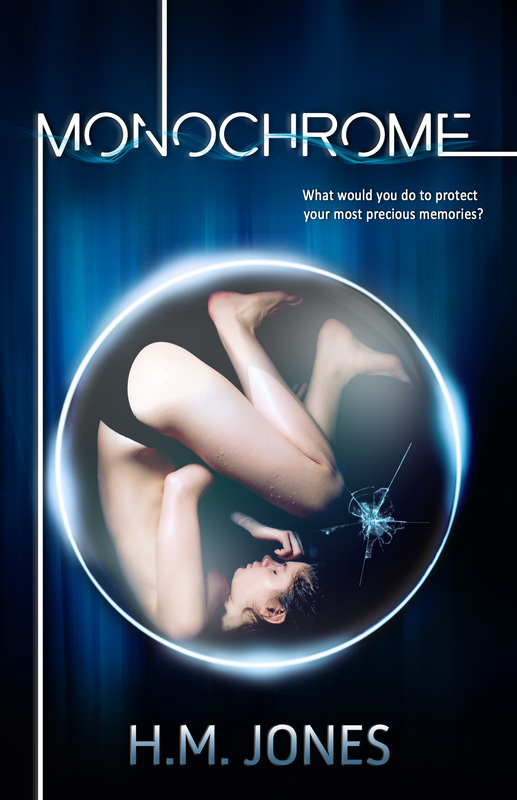
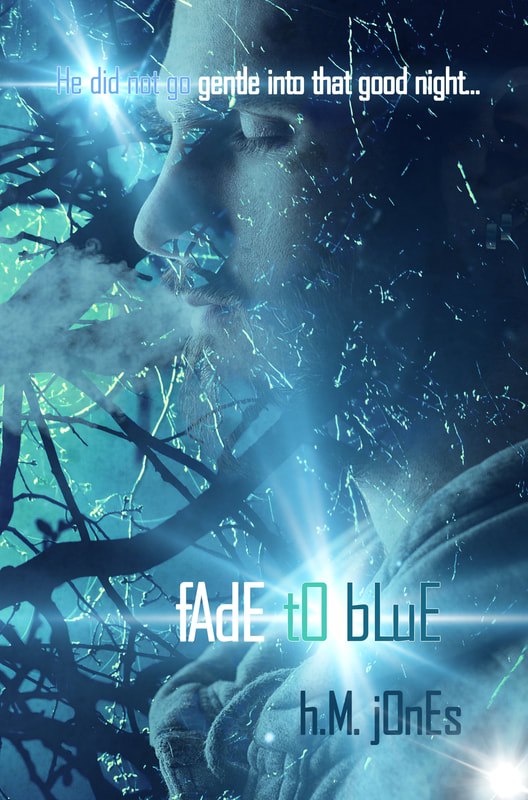
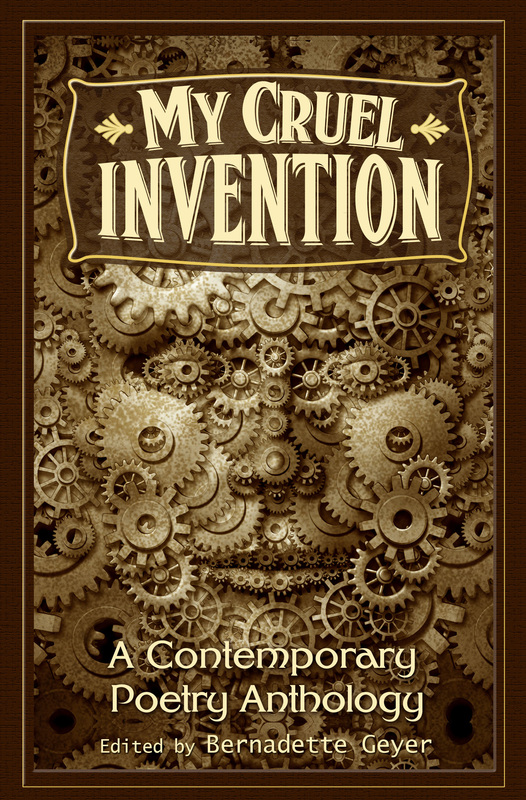

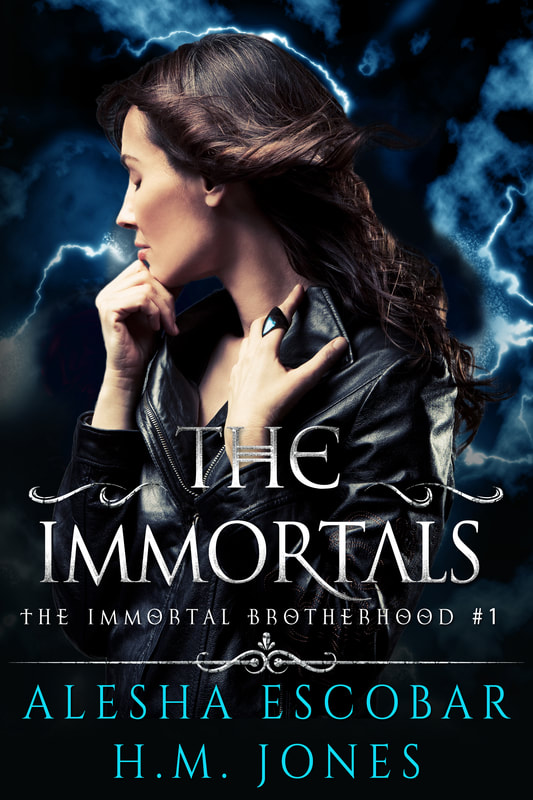
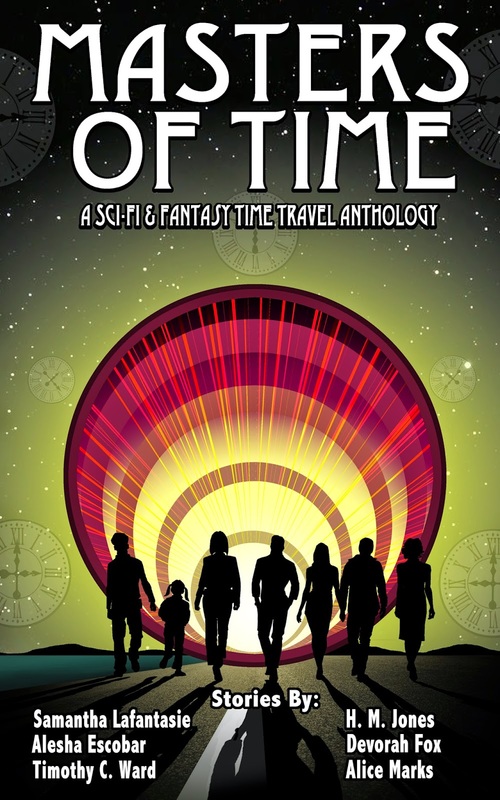
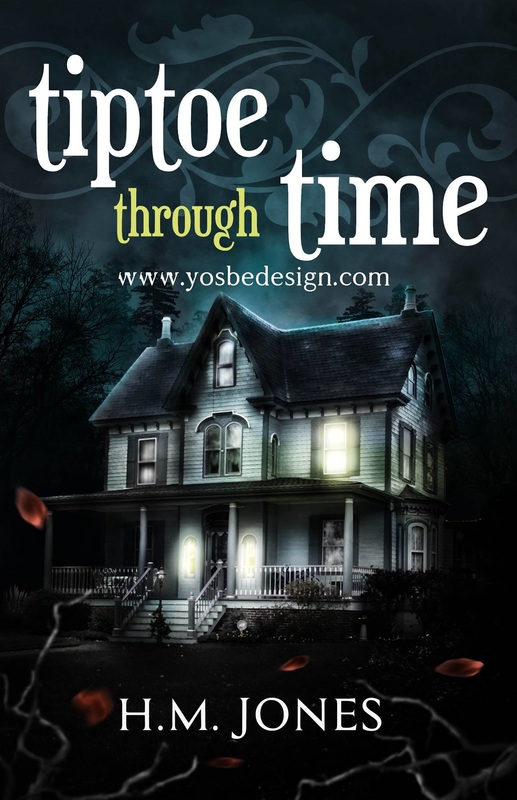
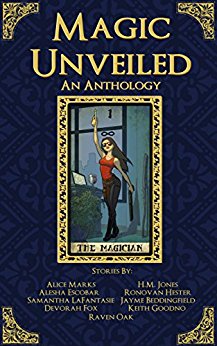
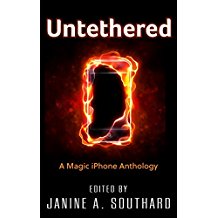
 RSS Feed
RSS Feed
